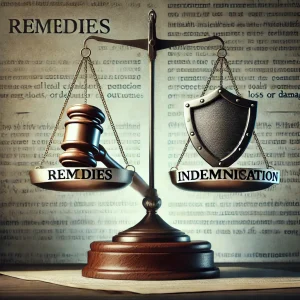As a boy, I participated in Boy Scouts, and I enjoyed it. Our Scoutmaster, Ken Salo, had served in the Air Force in Vietnam and ran our troop like a military organization. But, damn, I had fun and learned tons. Warm weather months always included a backpacking trip. I learned first aid, Morse Code, knots, and outdoor skills. When I was sixteen, my friend Mike Badley and I worked as summer counselors the Peaceful Valley Scout Ranch near Kiowa, Colorado, and that was a blast.
Scouts must memorize several things, including the Scout Law. The Scout Law provides, “A Scout is trustworthy, loyal, helpful, friendly, courteous, kind, obedient, cheerful, thrifty, brave, clean, and reverent.”
I’ve been required to memorize several writings in my life, but there are only two I can still recite verbatim — the “We hold these truths” passage from the Declaration of Independence and the Scout Law.
But here’s the thing. I question things. When I think about the Scout Law now, I’m not one hundred percent on board with it.
I don’t have a problem with trustworthy, loyal, helpful, friendly, courteous, kind, cheerful, thrifty, brave, or clean. Sure, there might be a situation where loyalty must yield to other values. And it’s becoming increasingly difficult for me to be cheerful when I think about what is happening to the country I once loved. But in general, these are good traits to aspire to.
Obedient? Not so much. Sure, I sometimes obey. I obey traffic laws (mostly) because those exist for my safety. But I can’t support blind obedience to any authority. Disobedient people founded America. In 1773, disobedient people illegally boarded a ship at Griffin’s Wharf in Boston and dumped 342 chests of tea into the harbor. (And for you Libertarian types, they were not protesting taxation, which the Constitution they subsequently wrote specifically authorizes; they were protesting taxation without representation. The colonists had no voice in Parliament.).
I like disobedient people. People that won’t conform. Take Copernicus, for example. A man who in 1543 had the cojones to write, “You boneheads are all wrong; the sun does not revolve around the Earth, the Earth revolves around the sun.” (I’m translating from his original Latin). Disobedient people have often been at the leading edge of social change. Gandhi, Rosa Parks, Muhammad Ali, Nelson Mandela. America can probably use more disobedient people these days, and the Republicans are well on their way to making it happen.
As for reverence, I never really believed there is an old white guy with a beard that sits on a throne up in the clouds and presides over everything. If that kind of God exists, why would he let Bill Buckner blow the 1986 World Series for the Red Sox? What kind of God lets a simple ground ball go right through the first baseman’s legs? It makes no sense.
My problem with reverence is it sounds a lot like obedience — both concepts require unquestioning deference to something else. As Saul Alinsky wrote, “Curiosity and irreverence go together. Curiosity cannot exist without the other. Curiosity asks, “Is this true?” “Just because this has always been the way, is the best or right way of life, the best or right religion, political or economic value, morality?” To the questioner, nothing is sacred. He detests dogma, defies any finite definition of morality, rebels against any repression of a free, open search of ideas no matter where they may lead. He is challenging, insulting, agitating, discrediting. He stirs unrest.” In an age where so many others are trying to influence and control us in so many ways with sound bites and meaningless phrases such as “Make America Great Again,” irreverence is a sign of mental health.
Okay, if we’re grading how I’m doing with the Scout Law, I got ten out of twelve. That’s eighty-three percent. That’s still pretty good.





